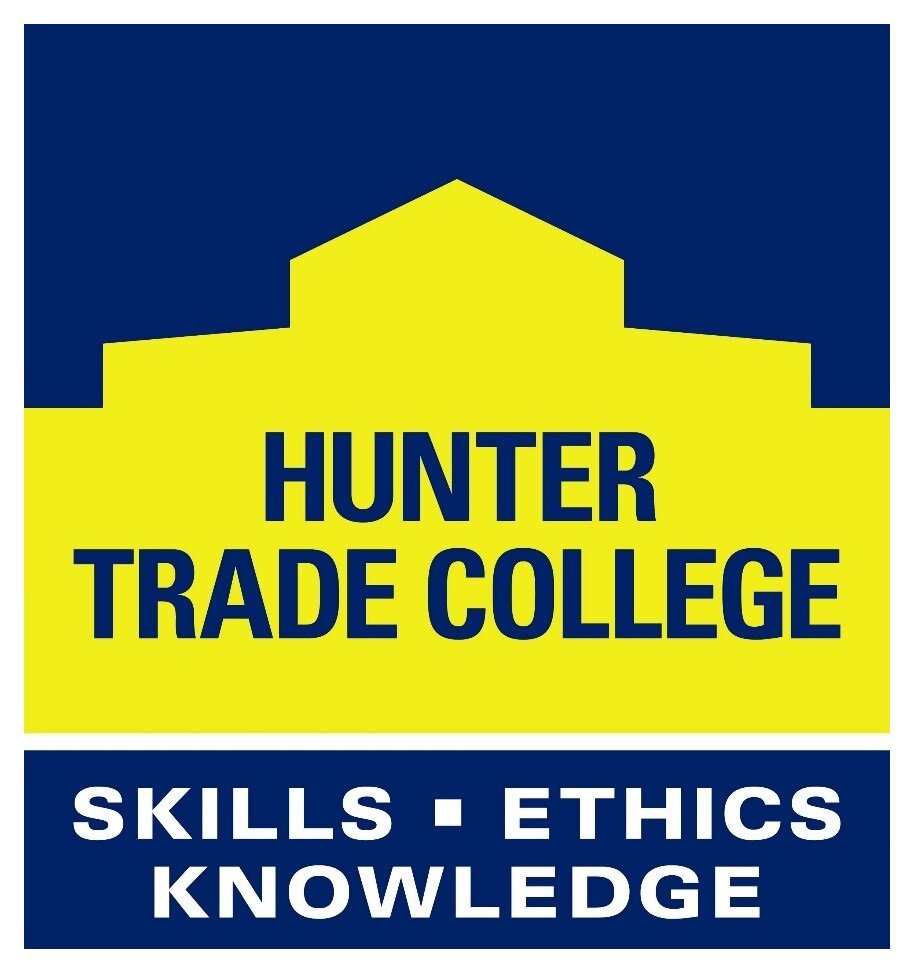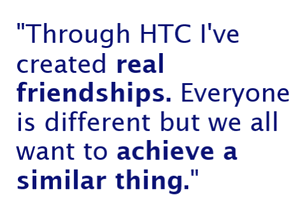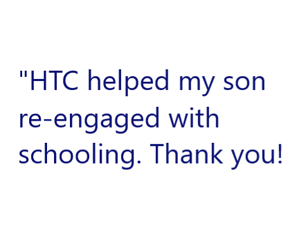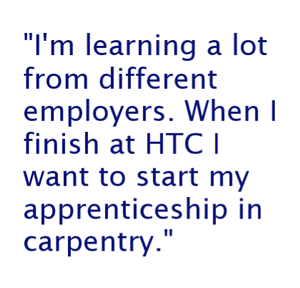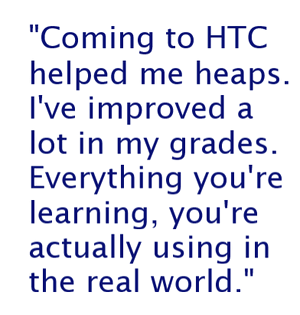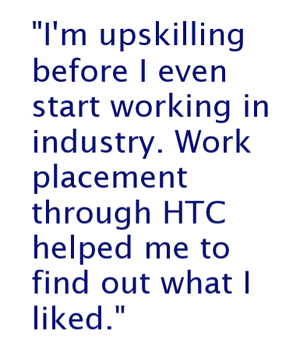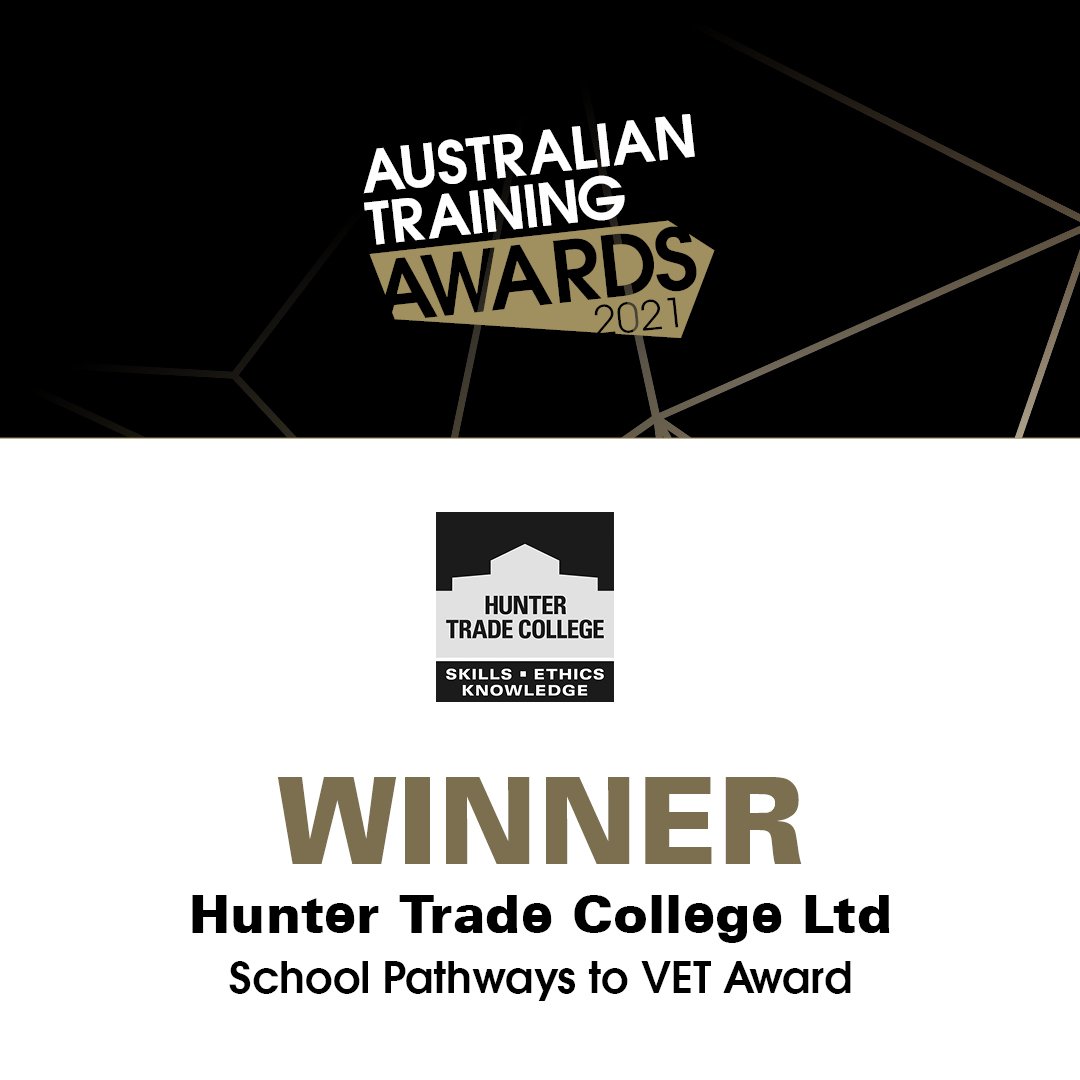Enrolment Process
When do enrolments open? When should I apply?
You can complete an Expression of Interest to enrol at the College here, at any time. Our enrolments usually open at the start of Term 2. If you lodge the expression of interest, we will remind you to complete a full application once enrolments open. We suggest you apply as soon as possible. We have limited positions in each course, and we cannot guarantee that you will secure a place if you wait to enrol. You can start an application and withdraw that application at any stage of the process.
How do I get enrolment forms?
The easiest way to enrol is through our online enrolment form, which is available on the Enrol Now page. For families with limited access to technology, please contact our Student Services team on 02 4932 2400 or email [email protected].
What information do I need to provide with my enrolment form?
We ask you to provide information which will help us to consider your application. For example:
- student and family names and details
- school reports and relevant previous studies
- health and medical information that we need for safety during any visit to College and for assessing individual needs
Is there a cost to apply?
Yes. A small fee is payable before an applicant sits their entry test. The fee covers the cost of processing the application and is not refundable. For more information on College fees, please click here.
Is there an acceptance fee?
Yes. Once the College offers a place to a student, the family may secure that place by paying the acceptance fee. The acceptance fee is refundable when a student completes Year 12. The fee is not refundable if a student leaves College before the end of Year 12. For more information on College fees, please click here.
What are the College annual fees?
For more information on College fees, please click here. A CPI increase will usually apply for the students second year.
Does my young person need to sit an entrance test?
Yes. Applicants sit entrance tests for reading and numeracy. The tests help us to understand skill levels and may highlight a need for extra support.
Does my young person need to pass the entrance test?
There is no pass or fail measure in the tests that we use. The entrance tests measure ability against the Australian Core Skills Framework, which focuses on what the student can show rather than a percentage test score.
Applicants must achieve at least Level 3 in the numeracy test. Applicants for Electrotechnology as their major trade course must achieve a high Level 3 in the numeracy test. This capability shows that the student has foundational knowledge they need to understand the mathematics component of the electrical trade.
We may offer an applicant the opportunity to re-sit one or more tests after some take-home study activities for the chance to improve their numeracy or reading levels. Some families organise a tutor or the current school to help with this study.
Do we need to attend an enrolment interview?
Usually, a prospective student and at least one parent or carer must attend an interview at the College. This meeting is a two-way conversation about the applicant’s readiness to study at the College. It helps prospective students, families, and the College to make an informed choice about enrolling with us.
Is there an orientation or information day?
We will host an Open Day in June, as an opportunity for anyone interested to tour the College and speak to our staff and students. It is open to all, but bookings are required.
We will then hold an information evening for enrolled students and their families in November or December.
The evening includes a welcome from our CEO and an opportunity to meet teachers, order your uniform and ask questions.
What does the enrolment process involve?
- Complete the enrolment form
- Pay your application fee
- Sit your entry tests
- Participate in an interview
- If your application is successful, receive an enrolment offer
- Provide additional documents needed to finalise your enrolment
- Pay your acceptance fee to guarantee your position
- Attend an information evening in Term 4
- Commence College in Term 1, next year
General Information
What makes Hunter Trade College different from other schools?
We specialise in preparing young men and women for trade based careers. We aim to maximise your opportunities to build the skills, knowledge and experience you need to secure your first job in your chosen trade area. Entry positions in trades are usually either a school-based traineeship or a full-time apprenticeship after leaving school. We offer a non-ATAR Higher School Certificate program. Our program incorporates the maximum number of trade courses that students can include in their study pattern and still achieve their HSC. Mathematics, English and Computing Studies feature in the program to help build the essential skills and knowledge that every employee needs for success. Trade courses include both hands-on learning and theory components. Once a student completes our work-readiness program, we place them with host employers for at least 100 days of on-the-job learning through work experience. The work placement program continues over the two-year HSC program, incorporating two days per week in Year 11 and three days per week in Year 12. Our trade teachers have all worked in industry as qualified tradespeople before coming to work here. Students learn in industry-standard workshops with high-quality equipment and materials.
What are the class sizes at Hunter Trade College?
We have a maximum of 20 students in trade classes and 25 students for subjects such as Mathematics, English and Computing Applications.
Does the College have a canteen?
We have a canteen on-site, which is a highlight for many students and staff members. Find out what’s available here.
How will I get to College?
Most Year 11 students start on public transport, connecting to Maitland Train Station. A Rover Coach service operates daily during regular school terms, from Maitland Train Station direct to the College in the morning and back to the Station in the afternoon. There are two services each morning and afternoon.
Parents can drop students off at College from 7.30am. Once students gain their driver’s licence, they often drive to and from College.
What does my young person do if they miss the College bus?
Sometimes, students miss the bus connection due to track work or late buses from their area. Students who miss the link may phone the College, and one of our staff members will pick them up in our College car.
What are College hours of study?
For most students, College classes operate from 8.05am - 2.50pm. In Year 12, some students stay at College until 3.50pm. All automotive students stay at College for that extra hour. Any student who is studying additional or replacement units to meet their HSC requirements also attend for the extra hour.
Does my young person need to bring a laptop computer or other device to College?
No. We provide classes with Chromebooks and have computer labs for coursework. Access to a computer at home would be useful for revision work.
How does the College support student wellbeing? Do you have a counsellor?
We have a central focus on wellbeing for everyone at the College. Students have access to a Student Support Officer who helps with simple wellbeing strategies and referrals to professional support. Students who have additional support needs may benefit from working with our school Counsellor. Our wellbeing program also includes presentations, activities and support from external wellbeing providers. Check out more information on our student wellbeing support here.
How does the College support learning needs?
Right from the beginning of a student’s journey with us, we aim to meet individual needs and provide everyone with an equal opportunity to be successful. We make adjustments to learning and other activities to help students achieve their personal best. Our Learning Support Team works with students, families and teachers to identify and help overcome learning barriers. For more information regarding our Learning Support, please click here.
Is there a College uniform?
Our College uniform consists of long work pants, a high visibility yellow work shirt and winter jacket, and steel-capped boots. Families can order uniforms from Hip Pocket Workwear. Hip Pocket Workwear attend our Term 4 information evenings, where we encourage you to place your orders.
Does the College offer payment plans?
We offer payment plans to suit your budget for families who cannot afford to pay College fees upfront.
Are any fee concessions available?
Families qualify for fee concessions where:
- the family receives certain Centrelink benefits; or
- more than one young person in the same household enrols with us;
- a family is in genuine financial hardship circumstances.
Course Information
What subjects are available?
Students enrol in a pattern of study to meet the preliminary and HSC requirements for Years 11 and 12.
In Year 11, students select a major and minor trade course, choosing from: - Automotive - Construction - Electrotechnology - Metals and Engineering
All Year 11 students also enrol in Mathematics Standard, English Studies, Computing Applications and Industry Based Learning (known as work placement).
In Year 12, most students continue with their major trade, Mathematics Standard, English Studies and Industry-Based Learning. The Automotive program in Year 12 includes Work Studies.
Industry Based Learning includes 100-144 days of work placement across two years.
Do students have a choice of non-trade subjects?
All students must have a study pattern that leads to a Higher School Certificate. English is a mandatory subject for all HSC students across NSW. We include Mathematics Standard, English Studies and Computing Applications in the study program for all students. Each of these courses provides invaluable foundation skills which will benefit our young people in their future apprenticeships.
Why do I need to choose two trade subjects?
Most College students prefer practical subjects over academic subjects. Our program emphasises trade studies to accommodate that preference. The second trade course is a great way to experience two different industries, which can help students decide on the career path that is right for them. Minor trade courses still help young people build their practical skills with hand and power tools and help them develop their employability skills such as communication, teamwork, and problem-solving.
Do students get an ATAR?
No. An ATAR (Australian Tertiary Admissions Rank) is usually necessary for students who aim to enrol in a university degree. Our program provides an apprenticeship pathway for which a student does not need an ATAR. We cannot offer an HSC program that includes an ATAR with the same level of trade-focused studies. If you are interested in pursuing a university degree straight out of school, the College may not be the best option for you.
University studies are still achievable for our graduates later in life. A growing number of people completing their apprenticeships work in the industry and then enrol at university as a mature-aged student. Your opportunities are endless, and getting your trade first is a great way to get paid to learn!
What trade topics or competencies do students study?
The topics and units of competency vary according to the industry area. Students start their program by learning about safety in the workplace and how to use basic hand tools. The units move into simple everyday activities for that trade before moving to more complex areas in Year 12. We have information flyers for each trade available here.
What qualification does my young person achieve?
The qualifications that underpin our study programs vary by trade. Students may commence study at Certificate I or Certificate II levels. The NSW Education Standards Authority and, in some cases, industry determine the level and type of units that schools can include in trade courses.
Students who enter into a school-based traineeship may achieve a Certificate II qualification by the time they complete Year 12. Some trade courses offer all students the opportunity to gain a Certificate I or II level qualification, and others include a combination of different Certificate levels. Whether a student completes a full qualification largely depends on the level of work they are willing to put into their studies.
Do students complete the first year of the trade they are studying?
Even with our students' volume of work experience, they still do not complete the same number of days as a full-time first-year apprentice. If students complete all the first-year apprenticeship units, they might be at a disadvantage when competing for jobs because they don't have the same level of industry experience. Our program helps students to prepare for their apprenticeship journey. Most students should find that they only need to complete part of the first-year program after leaving College.
The trade units in our program are nationally recognised, meaning that students should receive credit for them when enrolling into an apprenticeship at TAFE or another training organisation. Not all units students complete are part of a first-year apprenticeship program. However, they all contribute to a student's knowledge and skills base for a trade career.
Do students have a choice of non-trade subjects? Do students employed in an apprenticeship at the end of Year 12 go into the second year?
Most students will still have a proportion of the first-year units to complete after they leave College. Business owners and industries in our local area consistently tell us that they prefer graduating students to complete at least some of the first-year program as a full-time apprentice.
Work Placement
How does the work placement program work?
Students attend work placement for two days per week in Year 11 and three days per week in Year 12. Work placement is not paid employment. Year 11 students start work placement once they complete the Work Readiness program, usually around the start of Term 2. Our work placement team finds and coordinates placements for students. Each placement continues for about 20-30 days before students move to a new host employer. For more information about Work Placement, please click here.
Who organises work placement? Do I need to find a work placement for my young person?
We have a fantastic team of work placement officers who find and coordinate student placements. Our team works in conjunction with students, parents and employers to find the most suitable placement option.
We encourage students to look for placements with employers they know or businesses where they would like to work. The College must still coordinate the placement for our insurance to cover the student and employer.
How will my young person get to work placement?
Students are responsible for travel to and from a work placement. Our work placement team will negotiate a meeting location on the student's behalf. We reasonably expect students to travel up to 30 minutes for placement. If the distance is further, a work placement officer will discuss arrangements with parents. For insurance reasons, students must travel between job sites over the working day in the employer's vehicle and not the student's car.
What hours do students attend work placement? Are they the usual College hours?
Part of the work placement experience is learning to manage the work hours in the student's chosen industry. Students should work the regular hours of the business, including earlier starts or later finishes than a typical College day. Where a student cannot work normal hours for a legitimate reason, the College will arrange an adjustment.
Do students get paid for work placement?
No. Work placement is part of a student's educational program. It is not employment, and students do not get paid for work placement. If an employer pays a student, the payment may void the student's insurance cover. If a student receives payment for work, the employer must cover all entitlements, including the award rate of pay and workers compensation.
Do students need to provide their own tools?
We do not require students to provide their own tools. However, it can make a great impression on employers when students show up to placement with some basic hand tools, demonstrating they are ready to work. We will provide students with a recommended tool list during their information evening for those who wish to have their own set of hand tools.
What is in place to keep my young person safe at work placement?
The safety and wellbeing of students is our number one priority. We all must work together to protect our young people from harm at the College and the workplace. Our stringent processes include assessing workplaces as suitable environments for our students to learn before allowing work placements. We monitor work placements to ensure our young people's safety, including work health and safety, child protection, and anti-discrimination. We do not tolerate inappropriate treatment of our students in the workplace.
What is an SBAT?
SBAT stands for school-based apprentice or trainee. School-based traineeships involve an employer entering a contract with you to provide ongoing paid work on your work placement days. The agreement includes the student, employer, state training authority, apprenticeship centre and the College. Students attend College on their usual days, continuing with their HSC. At the end of Year 12, both the student and employer can decide if an apprenticeship is the best step for the student. A traineeship is an excellent transition into the working world.
For school-based apprenticeships, the employer commits to a full apprenticeship, starting with the remainder of the student's HSC program. The student completes their apprenticeship after leaving school at the end of Year 12. Most local businesses in the trades we offer favour the school-based traineeship model over the school-based apprenticeship model.
How does my young person get an SBAT?
Some employers start a student in work placement and are so impressed by their performance that they choose to take them on as a school-based trainee.
Some employers approach the College looking for a school-based trainee. In these cases, the College offers the employer two or three students to trial to make sure the employee chooses a student who is a good fit for the business and vice versa.
A few students come to the College having already found an employer willing to take them on as a school-based trainee.
What is involved in the Work Readiness Program?
Our work readiness program covers essential safe working knowledge and practice. To meet work readiness, students must:
- complete a Construction Induction Course (White card),
- complete a First Aid course,
- complete a Working at Heights course (Construction and Electrotechnology students only),
- show that they can confidently use basic hand and power tools for their trade course,
- consistently demonstrate a safe work attitude,
- complete workplace bullying/harassment prevention training.
Some students enrol at the College having already completed their white card or first aid certificate. Students do not need to repeat these programs if the courses they studied are recognised in NSW.
